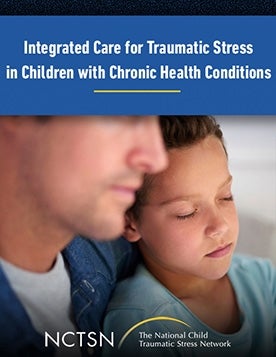
Integrated Care Approaches to Traumatic Stress in Children with Chronic Health Conditions
Offers information on integrated care approaches to supporting children and families dealing with traumatic stress and chronic health conditions.
The NCTSN has produced dozens of webinar series, comprised of virtual presentations by expert researchers and practitioners, on various topics in the field of child traumatic stress. Most webinars are from 60 to 90 minutes in length and are available for continuing education credit.

Offers information on integrated care approaches to supporting children and families dealing with traumatic stress and chronic health conditions.
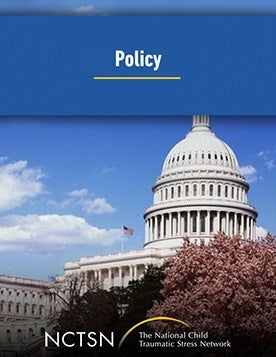
Provides an overview of several national policy challenges and solutions in the area of trauma and substance use.
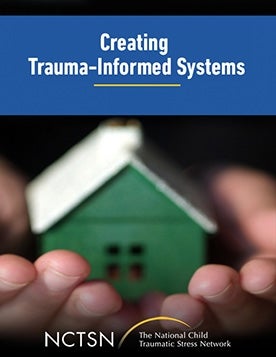
Shares how the Child Welfare Trauma Training Toolkit: 2nd Edition has been implemented in three different states by non-profit organizations, in partnership with their child welfare jurisdictions.
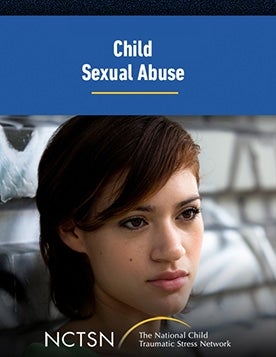
Discusses prevention and intervention strategies for child sexual abuse. This webinar gives ways to help prevent child sexual abuse, as well as intervention strategies upon disclosure.
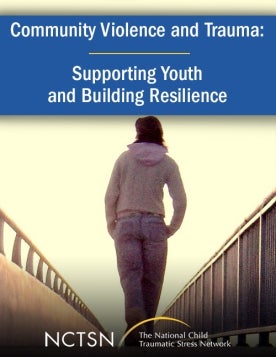
Provides expertise on the impact of violence on youth. This webinar presents best practices for prevention and trauma intervention for youth impacted by community violence and trauma.
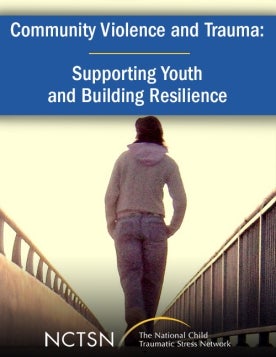
Explores both the historical and current causes for disproportionality.
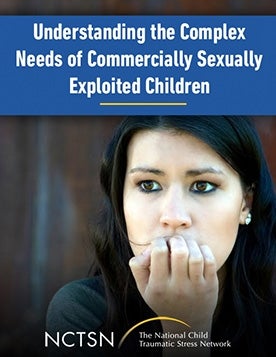
Explores the common reasons CSEC youth seek care, as well as challenges to victim identification.

Gives an overview of current issues and challenges for law enforcement and the juvenile justice system in assisting children and adolescents who face commercial sexual exploitation.

Highlights two examples of state-based child trauma policy innovations. This webinar discuses the many states playing a leadership role in enacting and implementing policies to support trauma-informed services for children and families.
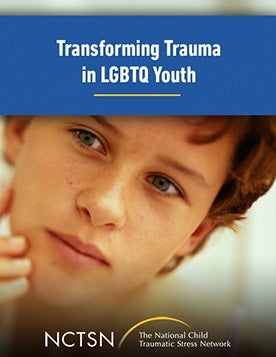
Provides a map for increasing trauma therapist's comfort, willingness, and knowledge to initiate and facilitate sexual health conversations that promote LGBTQ youth coming to know the positive potential for their sexual development and health.
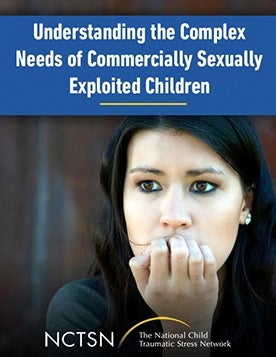
Presents the current status of mental health assessment, intervention and prevention for commercially sexually exploited youth, and future steps for improving mental health services for this population.
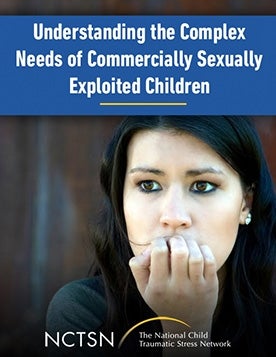
Tackles the specific strategies and challenges within each child serving system providing services to commercially sexually exploited children.